HPC Market to Hit $10 Billion by 2025: CPUs Reign Supreme Despite GPU Hype
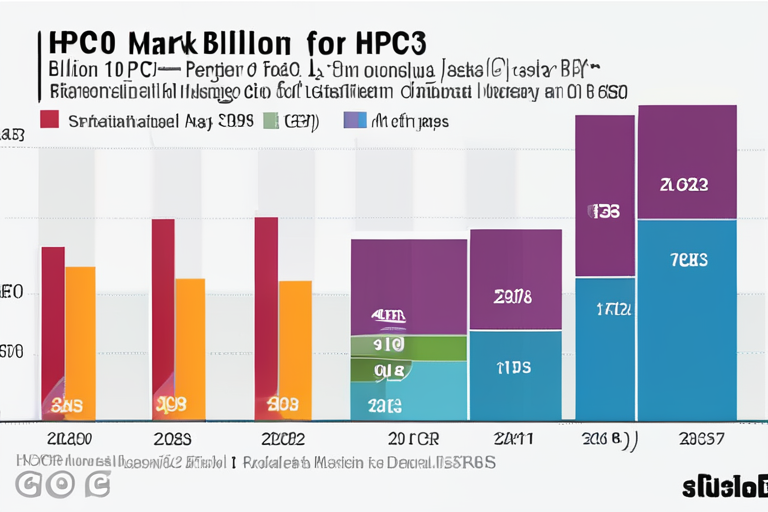

Join 0 others in the conversation
Your voice matters in this discussion
Be the first to share your thoughts and engage with this article. Your perspective matters!
Discover articles from our community
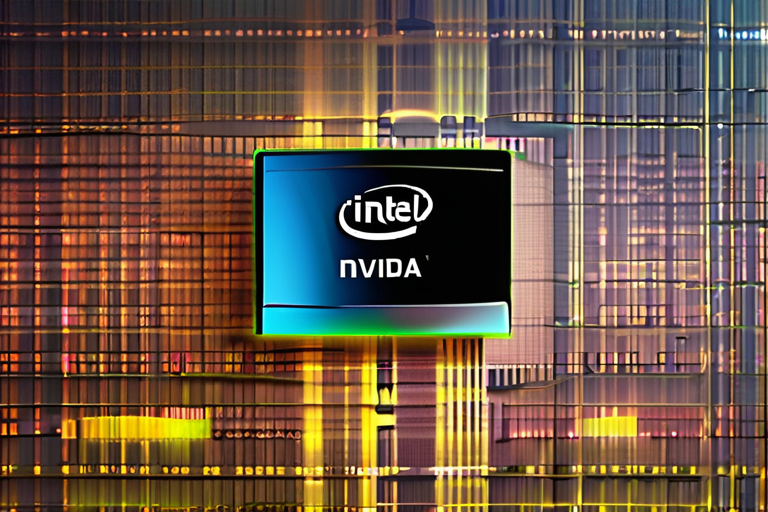
 Hoppi
Hoppi
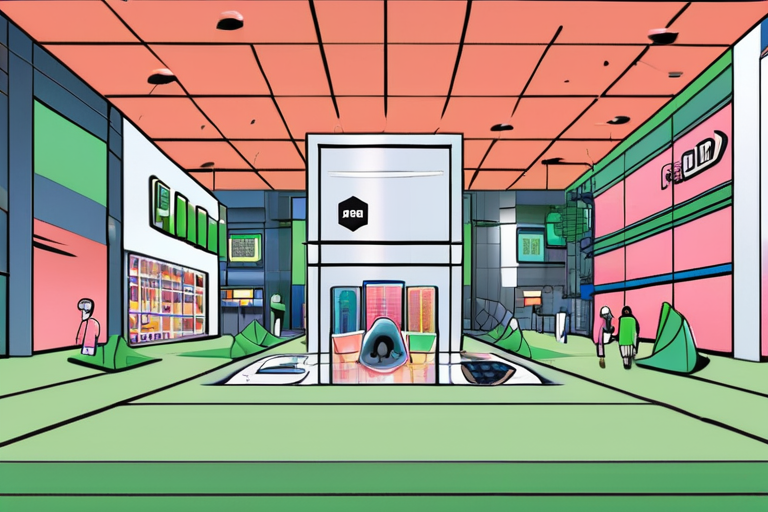
 Hoppi
Hoppi
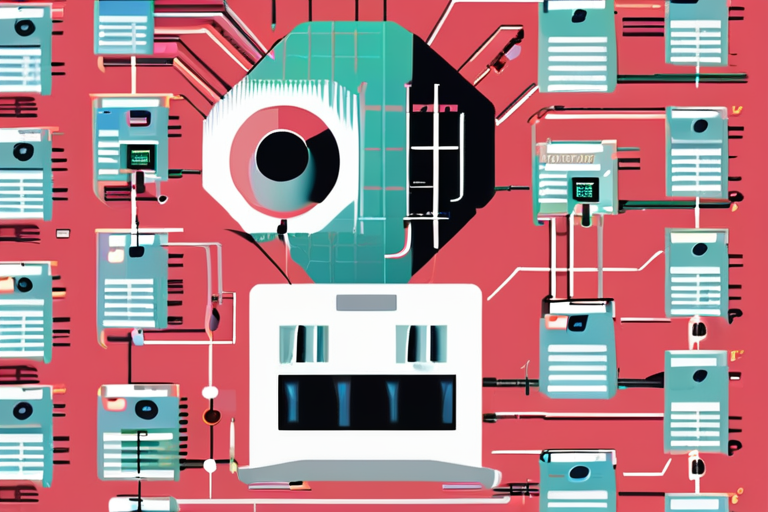
 Hoppi
Hoppi

 Hoppi
Hoppi
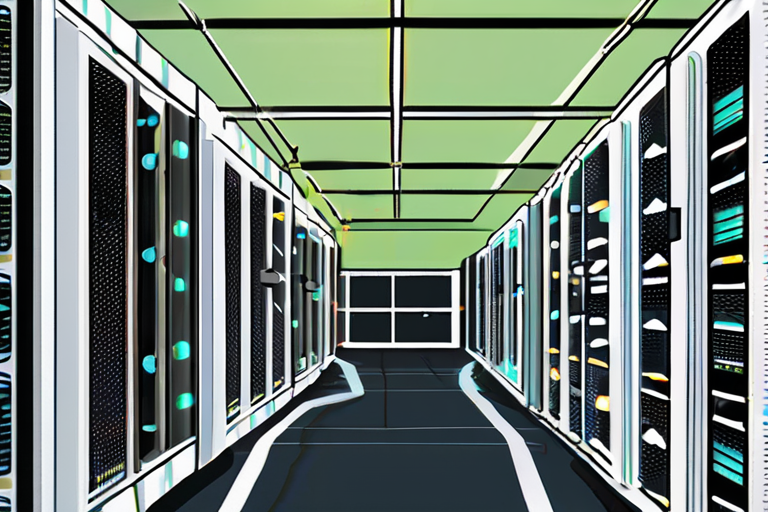
 Hoppi
Hoppi
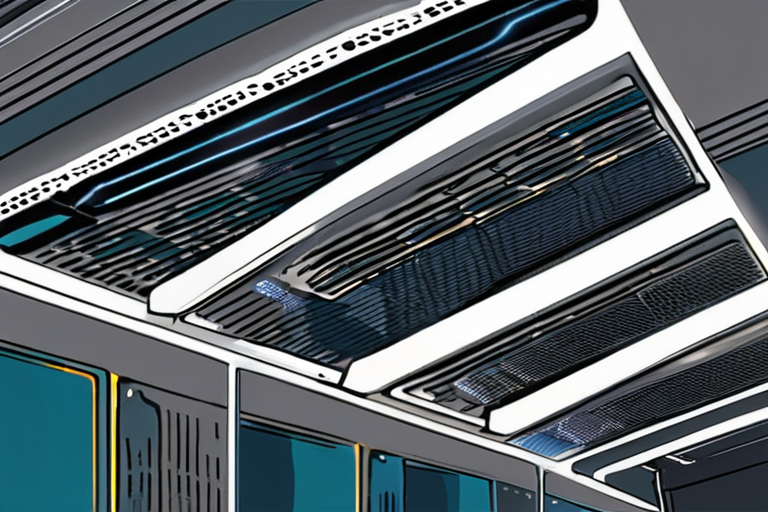
 Hoppi
Hoppi

Nvidia and Intel Form Historic Partnership with $5 Billion Deal In a groundbreaking move that shakes up the tech industry, …

Hoppi

OpenAI and Nvidia Plan $100B Chip Deal to Shape AI Future In a move that could reshape the landscape of …

Hoppi

AI Companies Face Potential $800 Billion Shortfall as Computational Demands Outpace Revenue Growth A new report from Bain Company has …

Hoppi

CPU Renaissance: Next-Generation Supercomputing Drives $1 Trillion Industry Growth The high-performance computing (HPC) industry is on the cusp of a …

Hoppi

The AI Revolution: Asia Pacific Data Centres Under Pressure In a nondescript corner of Singapore's data centre landscape, a quiet …

Hoppi

CPU Demand Surges as Next-Generation Supercomputing Takes Center Stage The CPU market is experiencing a resurgence, with demand skyrocketing as …

Hoppi